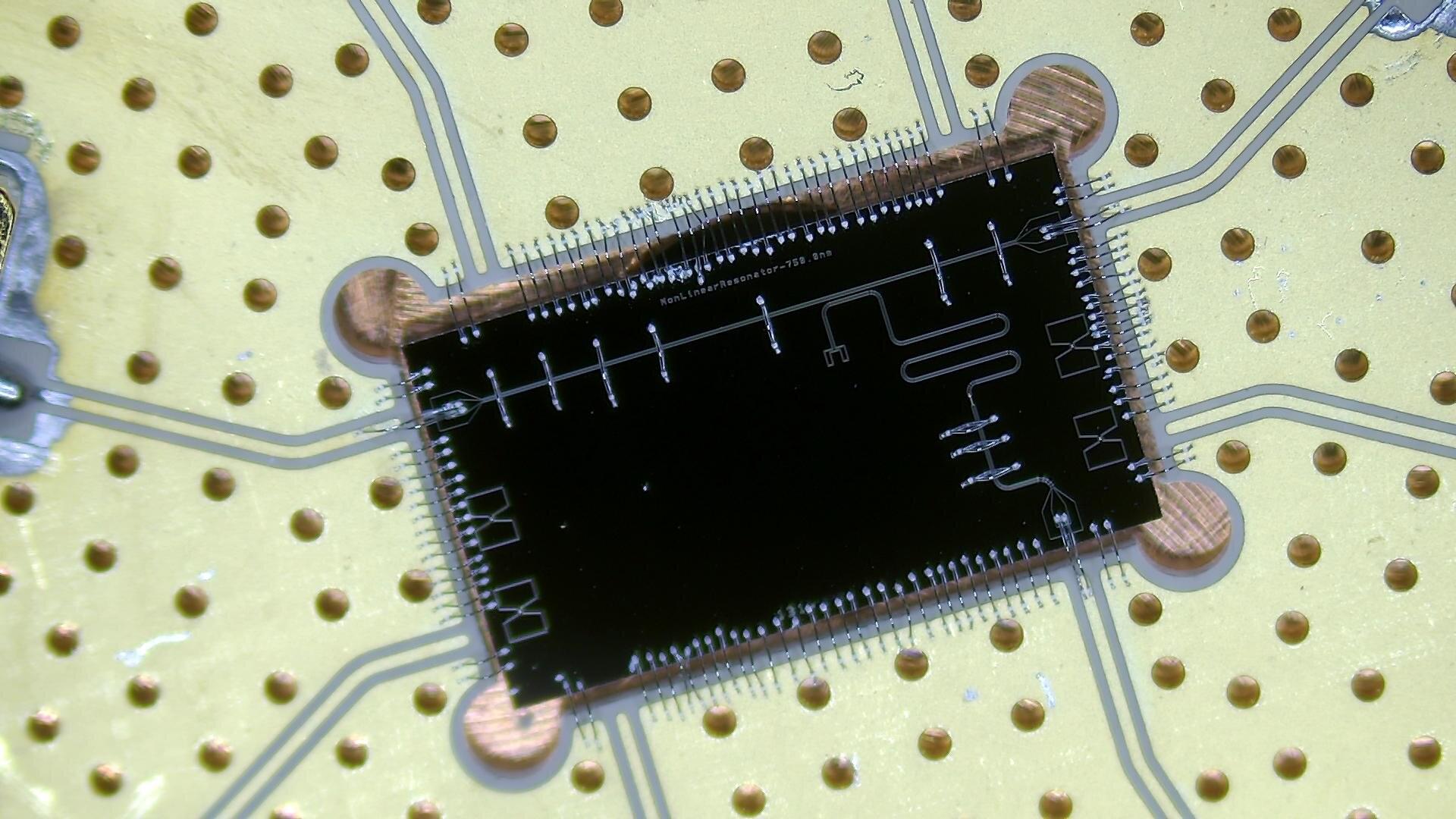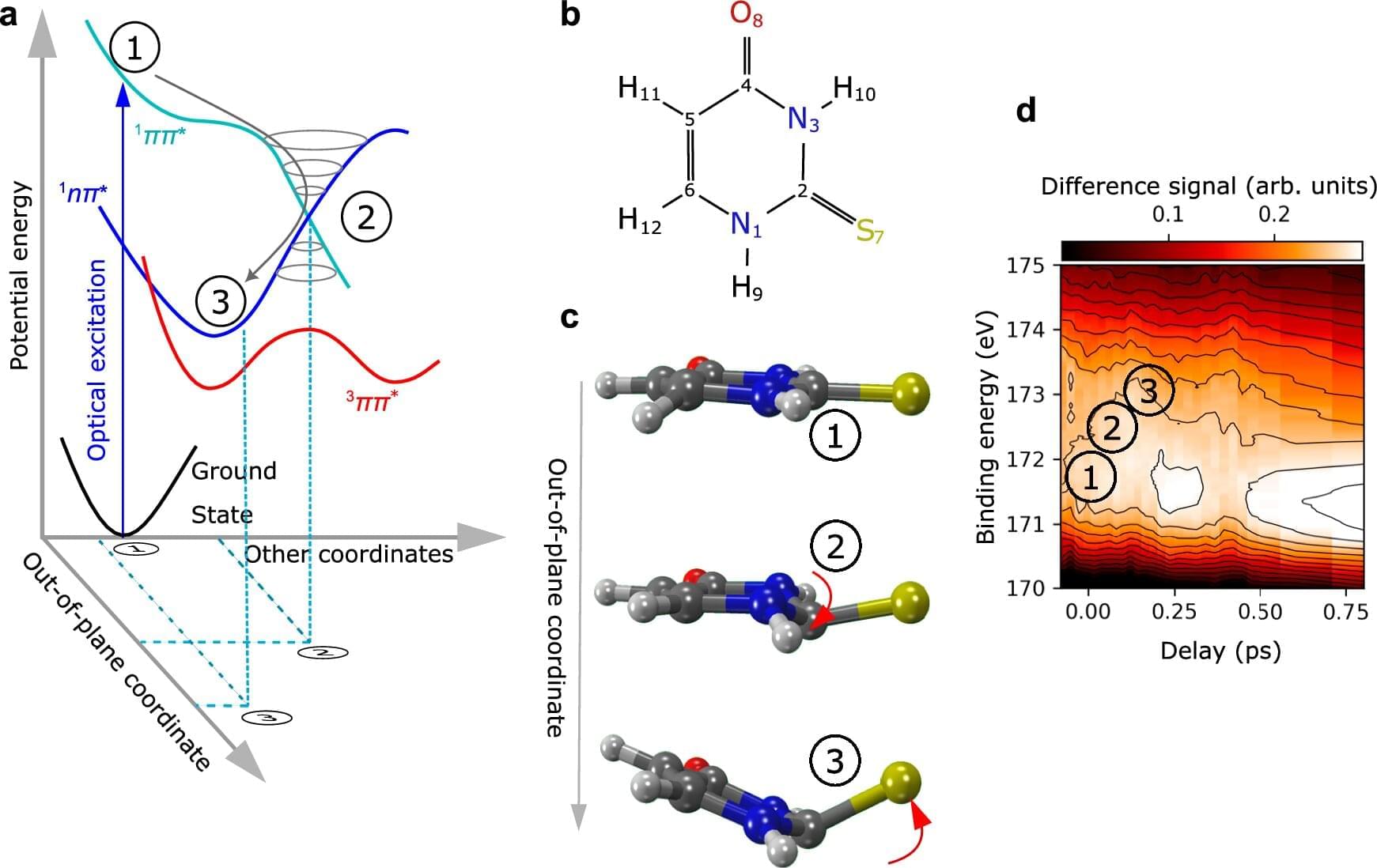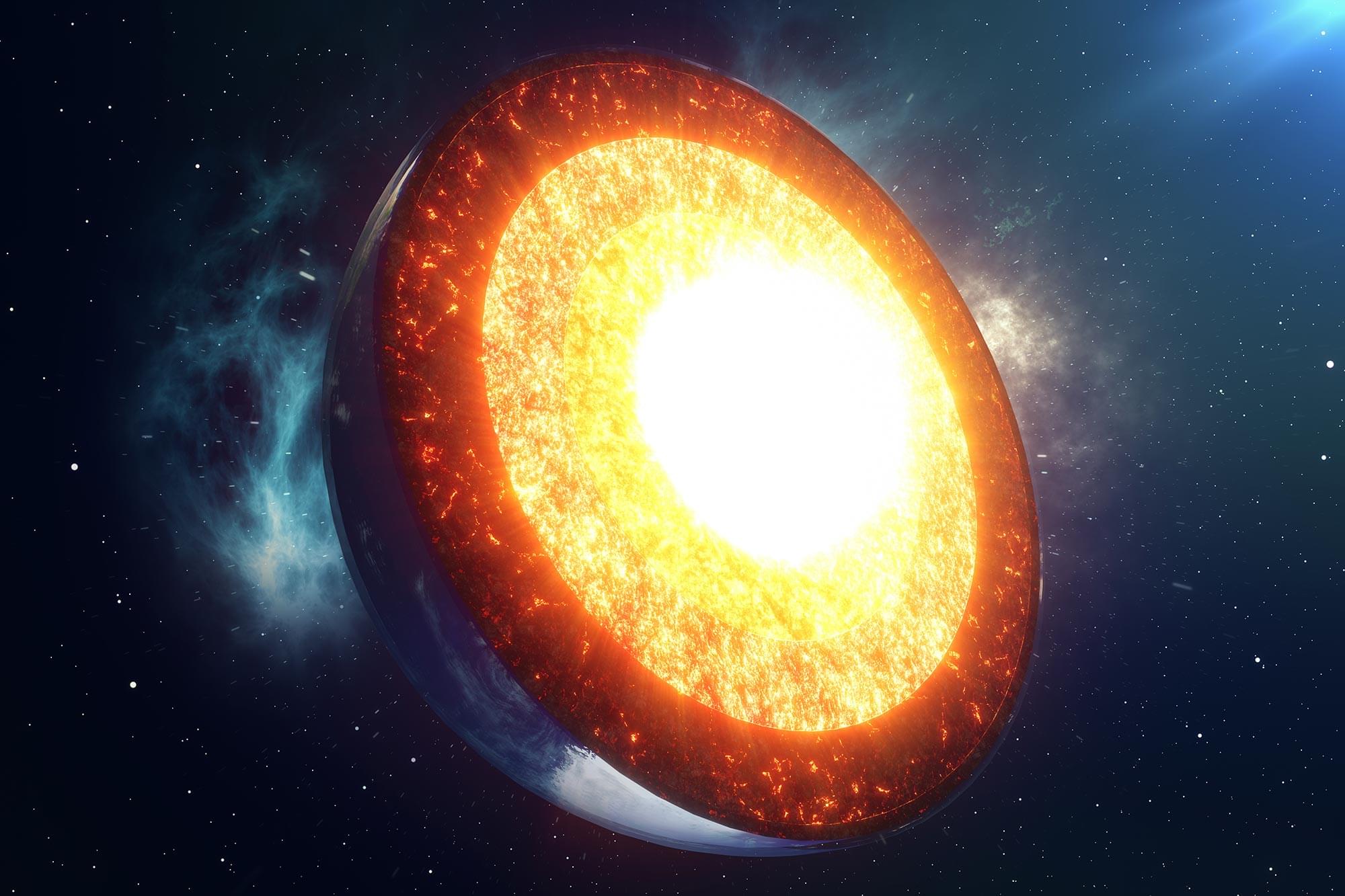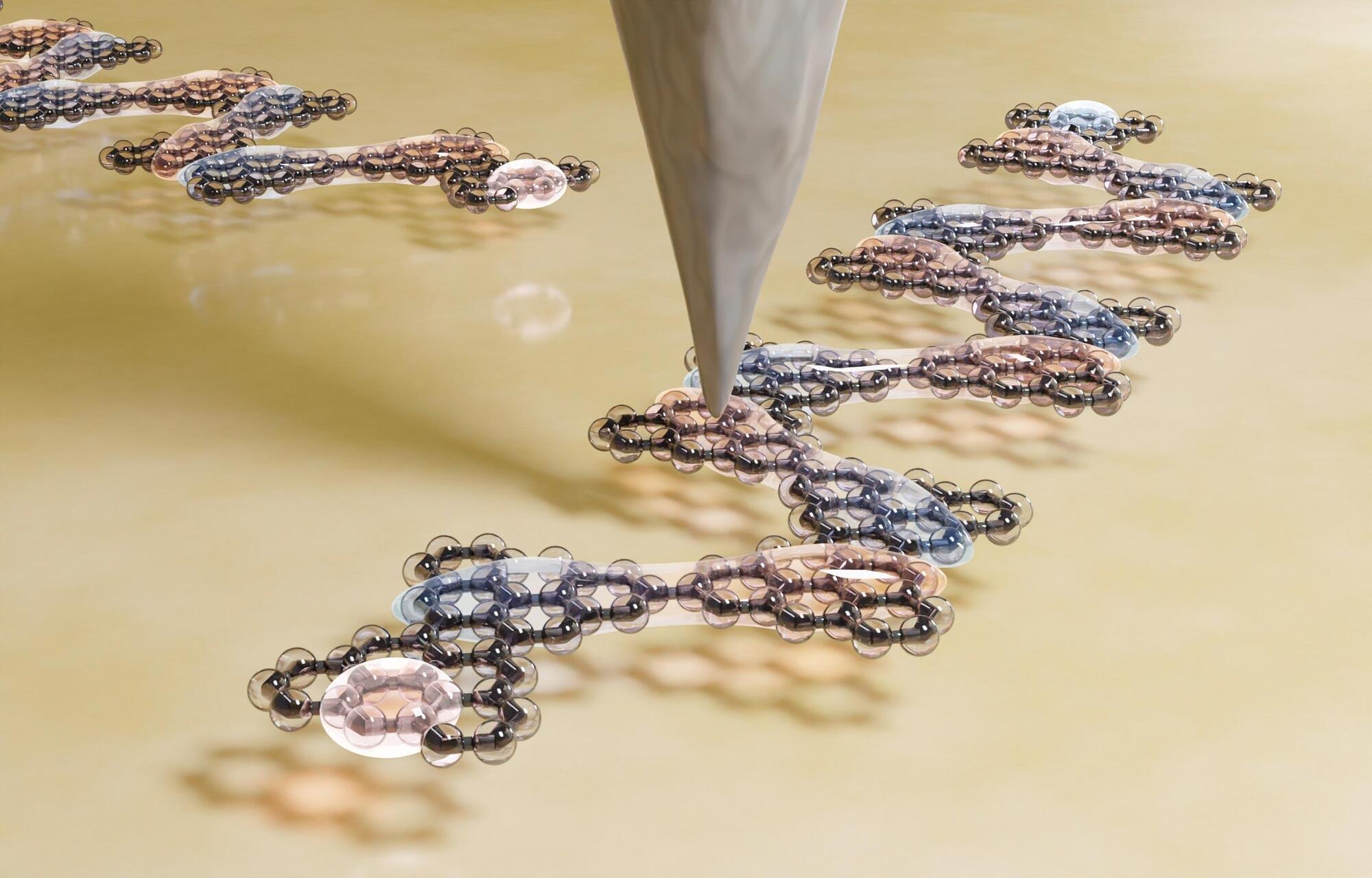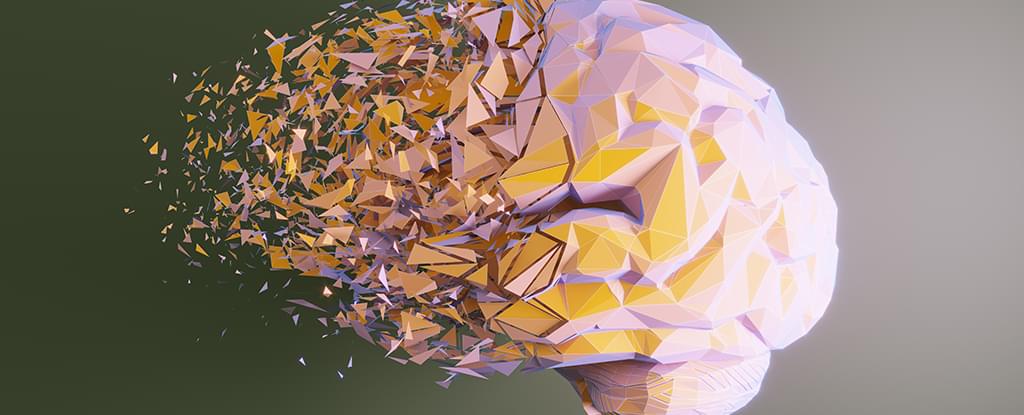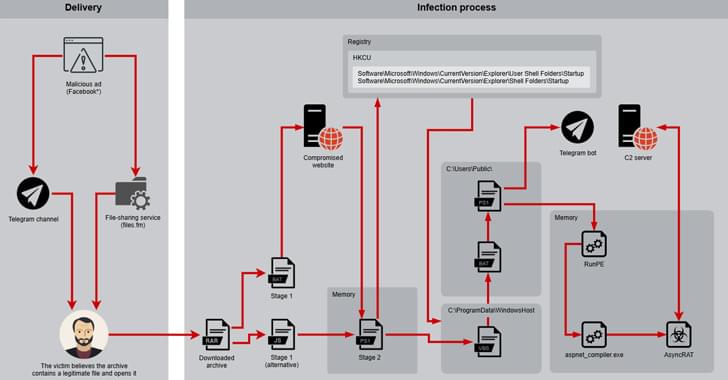Phase transitions, like water freezing into ice, are a familiar part of our world. But in quantum systems, they can behave even more dramatically, with quantum properties such as Heisenberg uncertainty playing a central role. Furthermore, spurious effects can cause the systems to lose, or dissipate, energy to the environment. When they happen, these “dissipative phase transitions” (DPTs) push quantum systems into new states.
There are different types or “orders” of DPTs. First-order DPTs are like flipping a switch, causing abrupt jumps between states. Second-order DPTs are smoother but still transformative, changing one of the system’s global features, known as symmetry, in subtle yet profound ways.
DPTs are key to understanding how quantum systems behave in non-equilibrium conditions, where arguments based on thermodynamics often fail to provide answers. Beyond pure curiosity, this has practical implications for building more robust quantum computers and sensors. For example, second-order DPTs could enhance quantum information storage, while first-order DPTs reveal important mechanisms of system stability and control.
